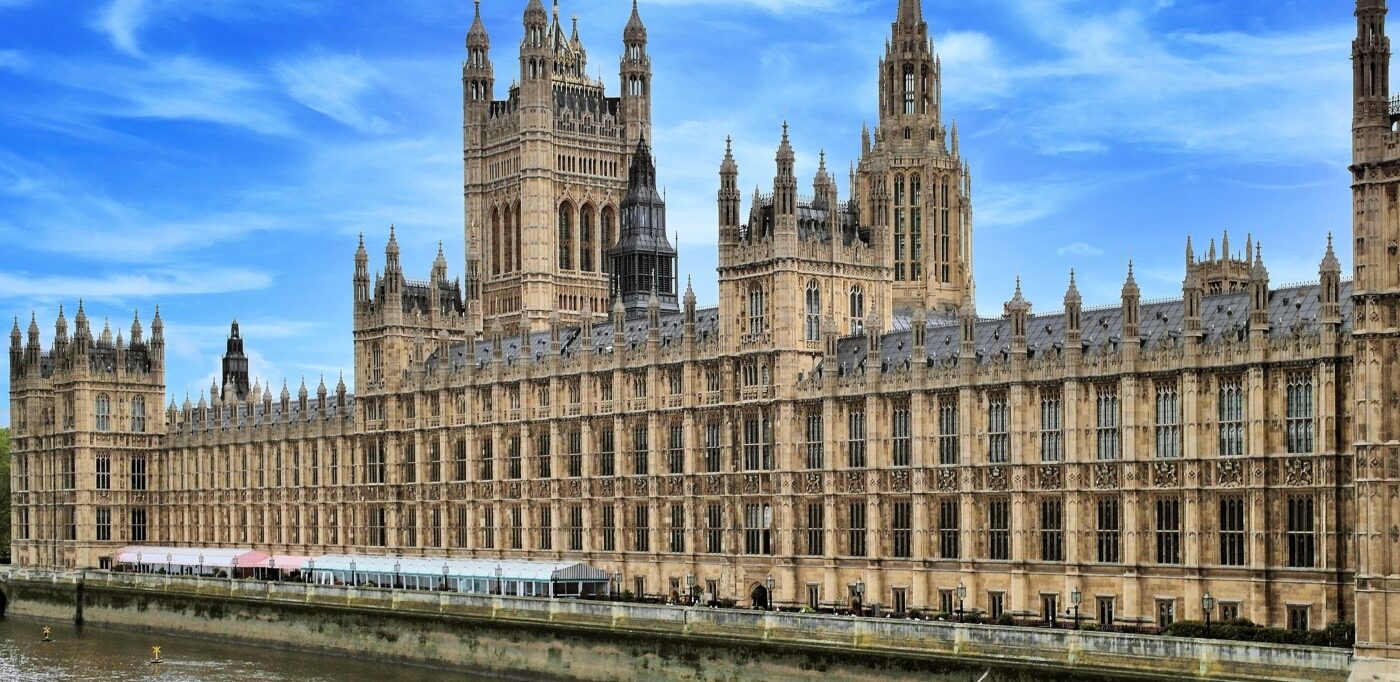Labour must confront its internal antisemitism crisis
I imagine I’m one of very few Warwick students who spent the morning of Thursday 29 October working my way through 130 pages of legalese, crying in bed at a Keir Starmer press conference followed by a Twitter induced panic attack. But I guess it’s only fitting for the beginning of the end of a strange episode in both my life and the life of the Labour Party. For myself and countless friends, the EHRC (Equalities and Human Rights Commission) report was finally some corroboration, some proof that these last few years of immense discomfort and exhaustion were real and that our experiences counted.
The EHRC found Labour guilty of unlawful acts of harassment and discrimination against Jews; guilty of “a culture within the party which, at best, did not do enough to prevent antisemitism and, at worst, could be seen to accept it”; and guilty of “serious failings” in leadership. When I put forward testimony a couple of years ago I had no real hope that things would get better, and so to be presented with a clear list of problems and a clear commitment by the Party to change was one of the few glimmers of hope in what have been a pretty bleak few years.
For myself and countless friends the EHRC report was finally some corroboration, some proof that these last few years of immense discomfort and exhaustion were real
I joined the Labour Party as a precocious 14 year old, promised the ability to vote in the leadership election and change the world for the princely sum of £3 a year. I had heard concerns about Corbyn from members of my community, but my decision to vote for Andy Burnham came mostly because I found his campaign more compelling – antisemitism was barely a consideration. I attended Conference the next year in Liverpool and had a fascinating, energising weekend learning about how to make progressive change. I had found my political home and the means by which I wanted to make a difference in the world.
That all changed in 2017 when I had the honour of being chosen to represent my Constituency Labour Party (CLP) at the Labour Party Conference in Brighton. In that week I met some of my closest friends and some inspiring campaigners, but I have also never felt more uncomfortable as a Jew in this country. I will always remember the skin-crawling feeling of a speech claiming there was no antisemitism in the party receiving a standing ovation, when on the same weekend I had seen antisemitic pamphlets handed out next to me, an antisemitic poster placed and then removed from opposite the front doors of the building, and the testimonies and lived experiences of so many people I had the pleasure of meeting and campaigning with.
The years that followed have seen near constant exposure to antisemitism, particularly on social media. I’ve been piled on, sent abusive messages and called a ‘mossad agent’, ‘zio-nazi’ or more regularly just a liar for sharing personal experiences as a Jewish member. I’ve regularly been exposed to volumes of antisemitic conspiracy theories in apparently left-wing spaces, and even kicked out of a couple for challenging this racist propaganda. My experiences pale in comparison to those of friends who have campaigned more vocally over the last few years, and especially to Jewish former MPs like Luciana Berger and Ruth Smeeth who dealt with years of unrelenting abuse including threats to their lives. While there are plenty of subtleties and nuances to left-wing antisemitism, for the most part it’s a very white British racism mostly perpetuated and enabled by very white British racists. It’s built on ideas like accusations of racism being more hurtful than racism itself, the fear of the other and the unknown, steeped in prejudices ranging from ancient and medieval to contemporary.
At its heart were Jewish people who were forced to put up with hell, to choose between their community and their Party
As a result of all this I didn’t feel comfortable campaigning for, or even voting for The Labour Party in my first general election last year, and only now after 3 years am I really starting to feel comfortable in Labour Party spaces.
While the national conversation swiftly shifted on Thursday afternoon, I’m frankly not interested in your thoughts on whether Jeremy Corbyn is or isn’t an antisemite, or whether the grounds for his expulsion fit within the remit of the General Secretary, the NEC or whatever other procedural debate you want to have. This was never supposed to be about him, and the fact that Corbyn used his response on Thursday to minimise the pain felt by the Jewish community and to try and clear his name rather than apologise tells me all that I need to know, as does the fact that journalists chose to centre the story around him.
We cannot let antisemitism and the real anguish of Jewish members remain another frontier of the Labour forever-war, another area over which Corbynites and Blairites, the left and the right can hit each other in pursuit of points in what has become a seemingly never-ending game of political football. The Labour Party antisemitism crisis was not some abstract debate over definitions. At its heart were Jewish people who were forced to put up with hell, to choose between their community and their Party, victimised from the left and the right and let down by a criminally negligent organisation with a clear failure in both practical and moral leadership.
We would all do well to remember that.

Comments